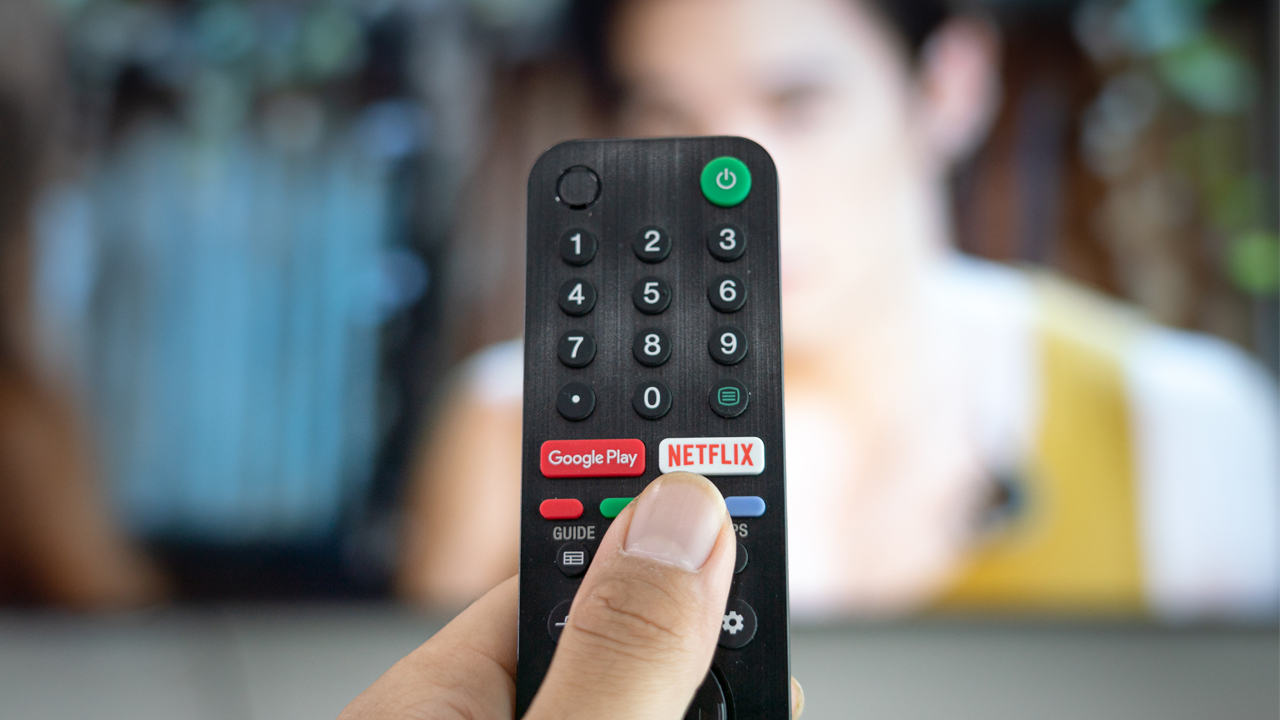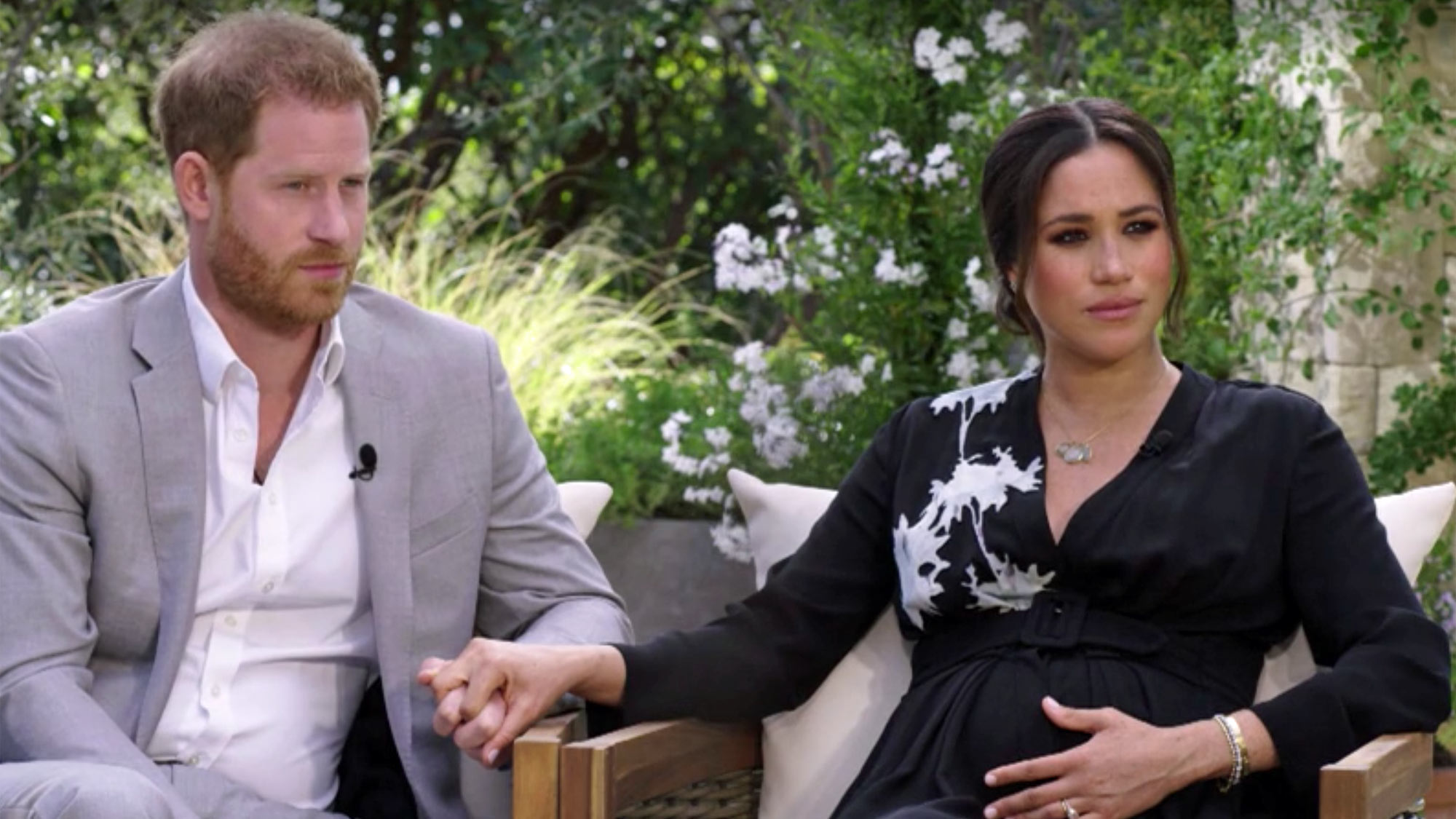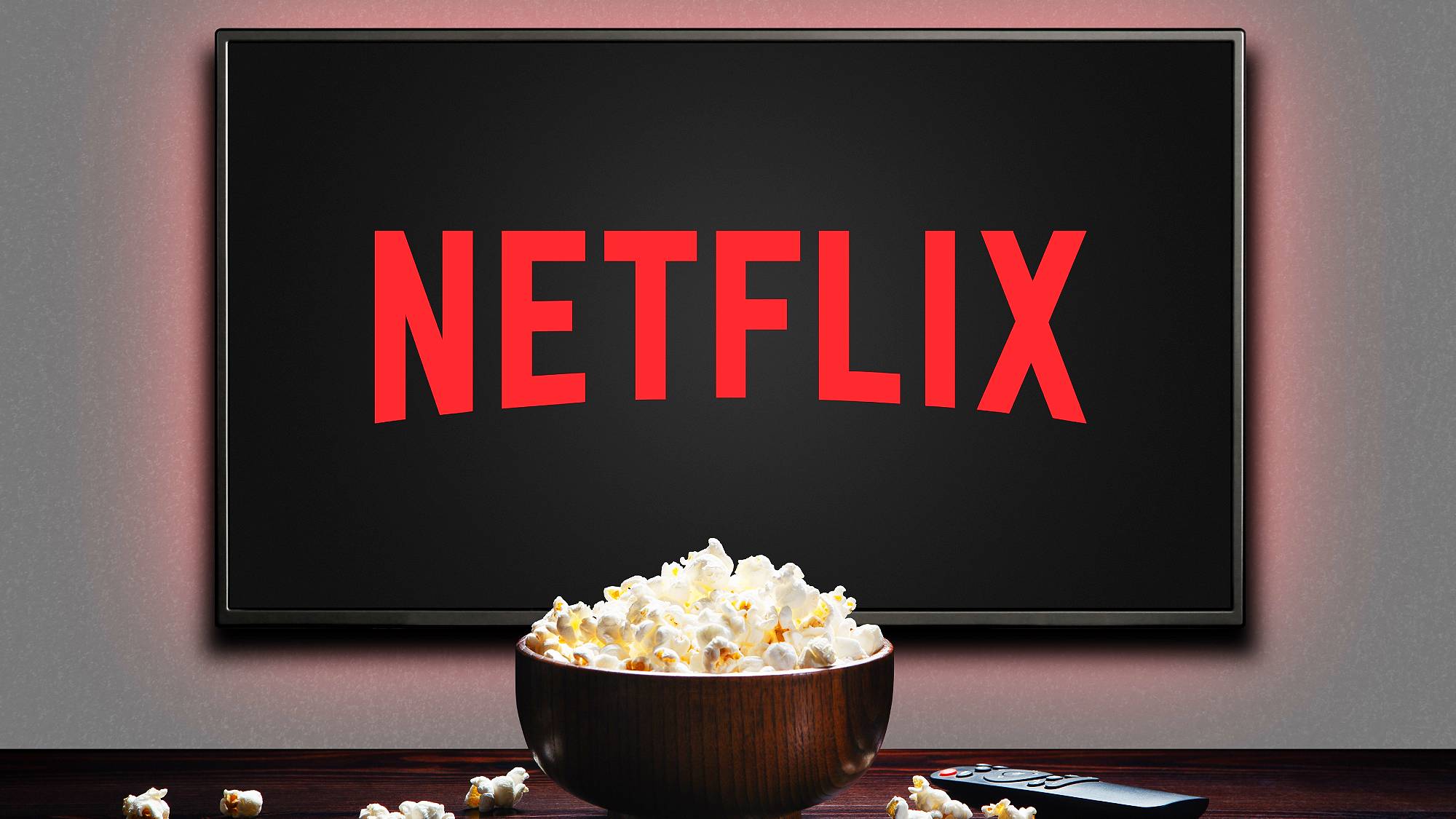More than 40% of VPN subscribers use them for streaming – here's why
VPNs aren't just for staying anonymous, you know

Here at Tom’s Guide our expert editors are committed to bringing you the best news, reviews and guides to help you stay informed and ahead of the curve!
You are now subscribed
Your newsletter sign-up was successful
Want to add more newsletters?

Daily (Mon-Sun)
Tom's Guide Daily
Sign up to get the latest updates on all of your favorite content! From cutting-edge tech news and the hottest streaming buzz to unbeatable deals on the best products and in-depth reviews, we’ve got you covered.

Weekly on Thursday
Tom's AI Guide
Be AI savvy with your weekly newsletter summing up all the biggest AI news you need to know. Plus, analysis from our AI editor and tips on how to use the latest AI tools!

Weekly on Friday
Tom's iGuide
Unlock the vast world of Apple news straight to your inbox. With coverage on everything from exciting product launches to essential software updates, this is your go-to source for the latest updates on all the best Apple content.

Weekly on Monday
Tom's Streaming Guide
Our weekly newsletter is expertly crafted to immerse you in the world of streaming. Stay updated on the latest releases and our top recommendations across your favorite streaming platforms.
Join the club
Get full access to premium articles, exclusive features and a growing list of member rewards.
When you think about the best VPN services, personal privacy, staying secure online and keeping your activity anonymous may well be the first things that come to mind. However, in our recent VPN usage survey, a substantial 41% of subscribers use their chosen service as a streaming VPN.
Initially a side-effect function of VPNs, accessing content that is geo-blocked in certain territories is one of the most popular VPN uses overall. This can be explained by the fact that VPN tech is becoming more mainstream by the day, and with that comes a less specialized user base – a user base that is perhaps less interested in personal privacy, and more interested in making their Netflix subscription go further.
- Just in: HBO Max’s ad-supported tier is a bad idea — here’s why
- Check out our guide on how to install ExpressVPN on Fire Stick
- This fake streaming service will spread malware — here's how to avoid it
Why would you use a VPN for streaming?
If you’re not quite sure what we’re talking about yet, let’s run down what we mean by accessing geo-restricted content.
If you’re in the US, your Netflix account will comprise a huge amount of Netflix Originals and licenced titles from worldwide production companies. If you're in the UK, you'll see the same Originals, but the licenced content available will be different.
For example, in the US, the world’s most-streamed comedy The Office is a Peacock TV exclusive, but in the UK every season is available on Netflix. If you don’t have a premium subscription to Peacock, you miss out on watching The Office. So those people already with Netflix access may decide that grabbing a solid VPN is a more price-effective solution than shelling out for yet another streaming service.
By switching on the VPN and connecting to a UK server, every episode of The Office is suddenly available to stream on Netflix. The same also goes for entirely geo-locked services like BBC iPlayer – only usually available in the UK, US residents can connect to a UK server and get access to free BBC content.
A VPN achieves this by rerouting your traffic through its own servers and changing your IP address – it sounds complex, but most modern apps make as simple and choosing a location and clicking on it.
From geo-restrictions to restricted rights
If that all sounded too good to be true, you're right – to a certain extent, at least. Using a VPN to watch US only Netflix shows from abroad is well and truly against the streaming site's Ts&Cs, and the same is true for just about every other service out there.
Even more contentious is the use of VPNs to access BBC iPlayer outside the UK. Seeing as the BBC is funded by the TV licence, which is mandatory for anyone who watches the BBC, watching iPlayer from anywhere else circumvents this and is definitely against the rules.
When we look at the numbers, though, it's evident that many people are quite happy to take the risk to access more content – and that risk appears to be very small indeed. While Netflix threatens to terminate accounts found using VPNs to get around geo-blocks, we've never come across a single user report that this has happened.
So, on paper, VPN users are taking a certain amount of risk by circumventing streaming providers' geographic restrictions – but while user accounts are technically in jeopardy for those who are caught, we've never heard of it happening in practice.

Sports and public events are high priorities
While unblocking streaming sites like Netflix and iPlayer for daily use might be enough for some, usage really goes through the roof for one-off and live events. A great example is Oprah’s interview with Harry and Meghan, an event which saw VPN usage spike in the UK and globally.
In that case, although the interview was available to stream for free in a number of countries – including the US, UK, Australia, and Canada – the broadcast was delayed for all but the US. To watch it as soon as possible, Brits flocked to VPNs to watch the free CBS stream on Sunday night, rather than the BBC broadcast on Monday evening.
And for those in a territory where it wasn’t broadcast, a VPN was the only way to watch the interview at all.
The same also goes for worldwide sporting events – we’re talking the Super Bowl, World Cup, Champions League, the Olympics, boxing and UFC title fights, and many more. While these may be available for free in some countries, others charge a premium, and those abroad when an event airs may not be able to access certain sports streaming services they pay for – well, not without a VPN, that is.
So, it seems like a VPN can all but eliminate any streaming woes you might have, and more and more people are realizing that – but it’s still not a priority for many.
Security and privacy is still at the forefront
While 41% of users might sound impressive, a huge 66% of our 1,400 surveyed individuals claimed that they used their VPN for general day-to-day security and privacy – and that’s the way we think it should be.
While VPNs are incredibly powerful tools for accessing more content anywhere in the world, it’s still important for anyone considering downloading one to be aware of any risks involved in using a substandard provider.
When turned on, every last byte of your traffic is routed through your VPN. That’s not a huge problem if you’re using a reputable provider (and, in fact, the top-rated services tend to perform better in both streaming tests and security features), but there are plenty of duds available hidden in app stores and ready to crop up on Google.
Our biggest piece of advice? Do your research on secure VPN services, and then check if your chosen provider can unblock Netflix, BBC iPlayer and the like. You might discover that you can kill two birds with one stone.
- Inform yourself on which VPNs work with Netflix
- These ad blockers and VPNs are spying on you: What to do
- Are Netflix VPNs legal?
Which VPN do we recommend?
ExpressVPN – our top-rated service today
With over 3,000 servers worldwide and excellent speeds on just about all of them, ExpressVPN is a versatile, secure solution for streaming, torrenting, and day-to-day browsing. You can test it out risk-free for 30 days and claim your money back, and now Tom's Guide readers can get three months absolutely FREE.


Get instant access to breaking news, the hottest reviews, great deals and helpful tips.

Mo has been rigorously testing, reviewing, and analyzing VPN services at Tom’s Guide for more than five years. He heads up the three-person Tom's Guide VPN team, and is passionate about accessibility: he believes that online privacy should be an option that’s available to everyone. NordVPN and ExpressVPN are the products he uses most on a daily basis, but he experiments weekly with all the top services, evaluating their privacy features, connection speeds across various protocols, and server reliability – among other things – so that he can make confident VPN recommendations that are backed by data. To see his latest advice, head over to Tom’s Guide’s best VPN and best free VPN guides.
 Club Benefits
Club Benefits











